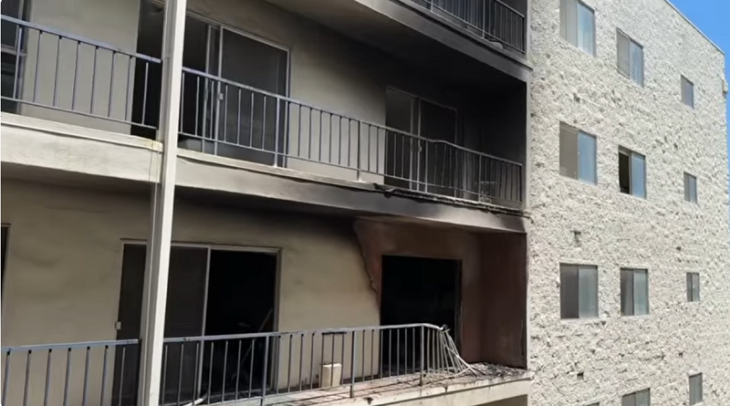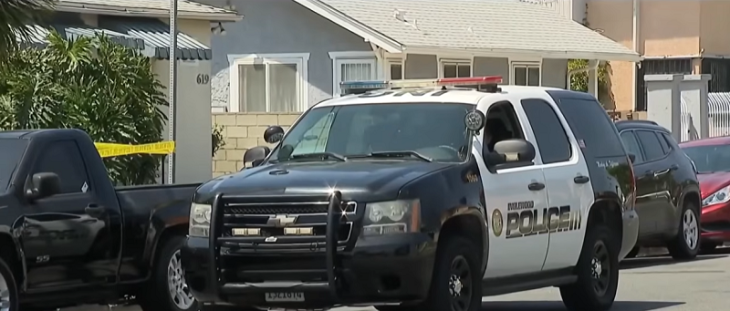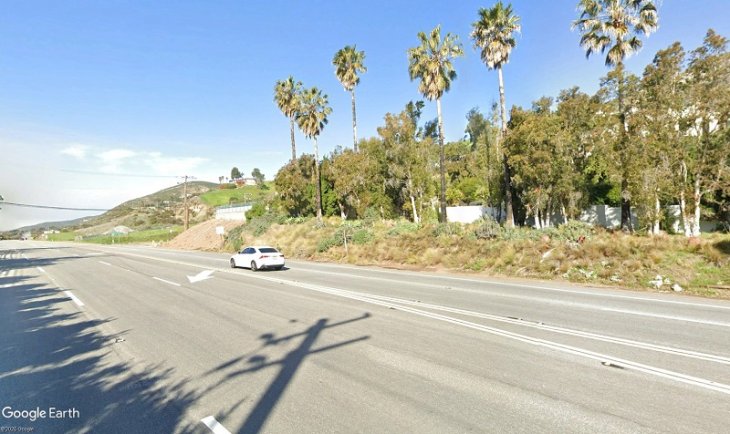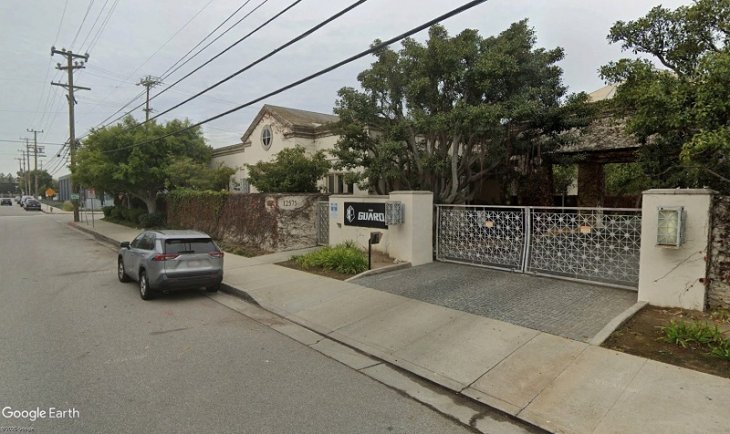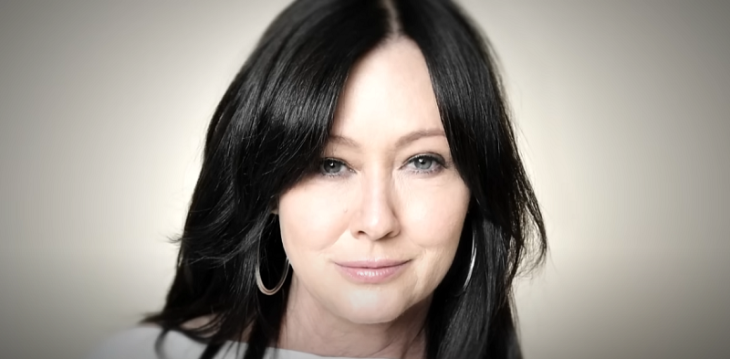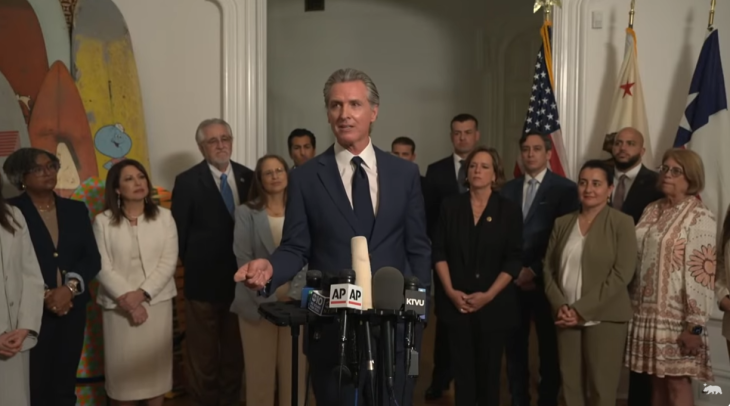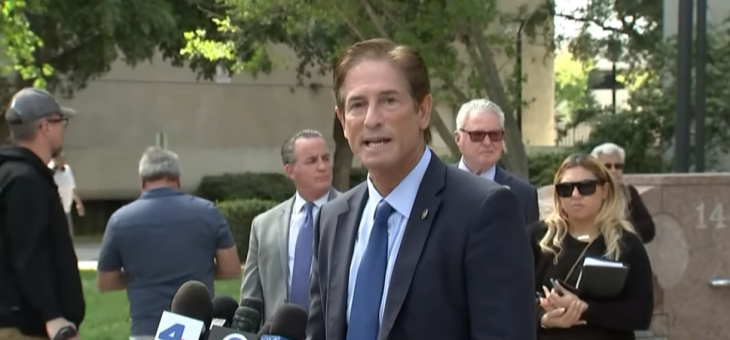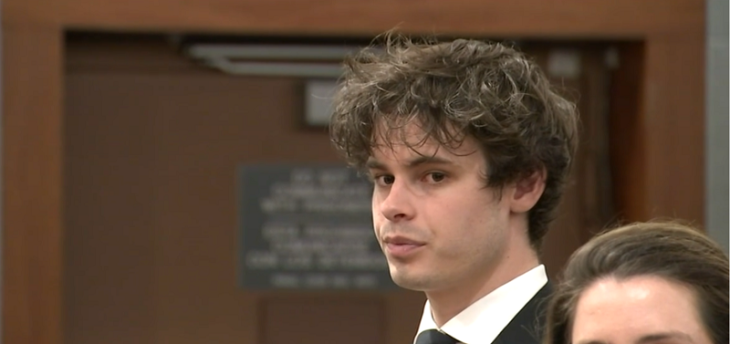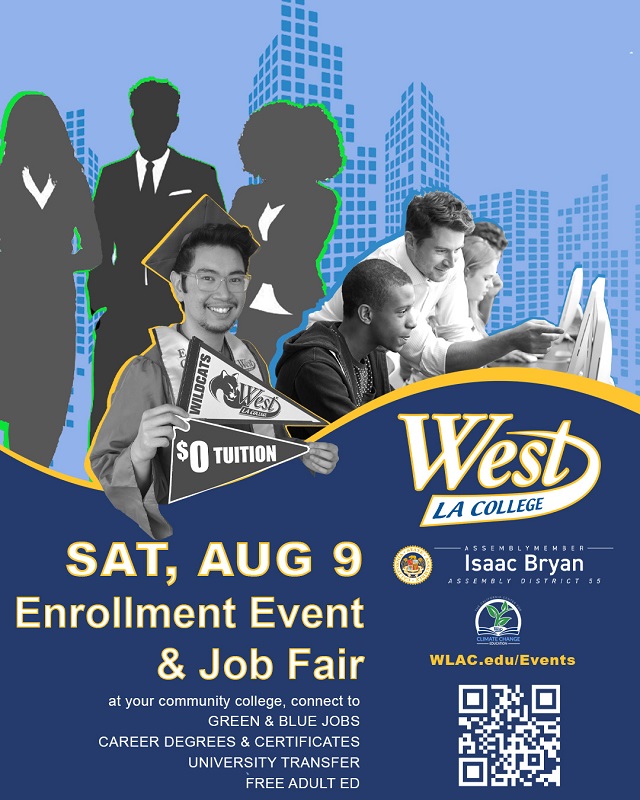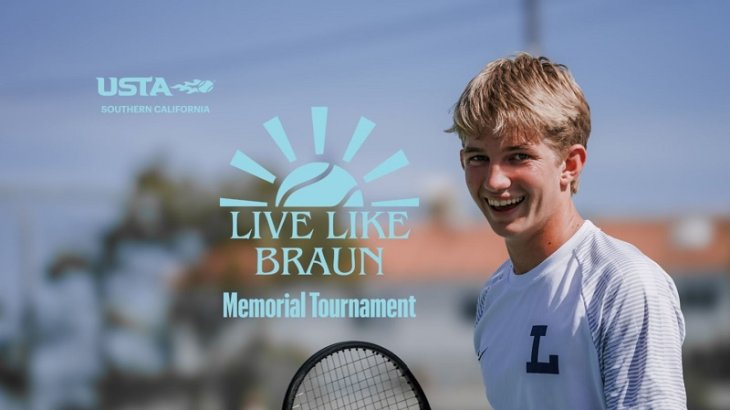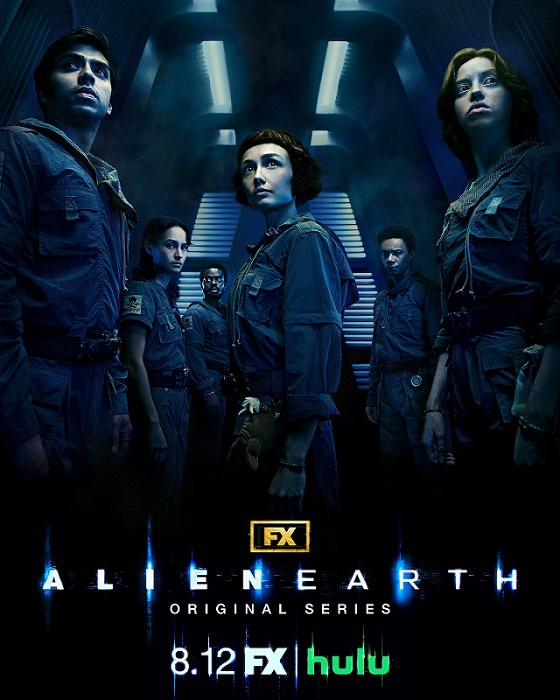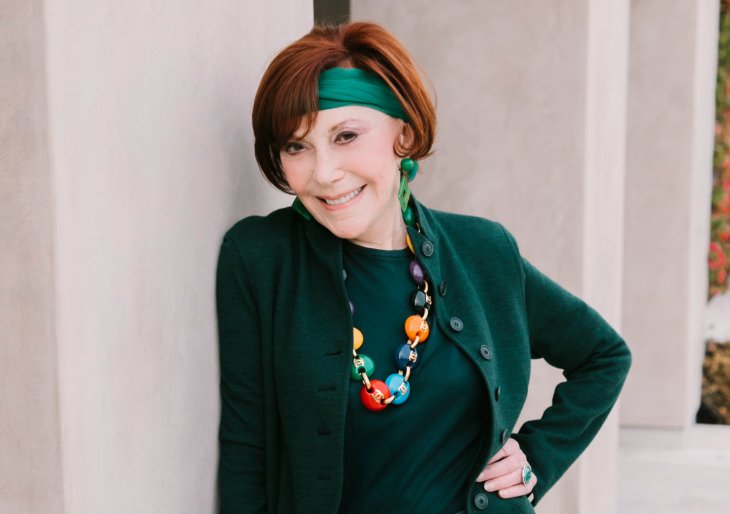Those words, from a jury in Sanford, FL where George Zimmerman was being tried in the shooting death of 17-year-old Trayvon Martin, touched off a reaction across the country on the role of race, profiling and the use of firearms in self-defense in the case. With those words, George Zimmerman was acquitted of all charges in the shooting of Martin, an unarmed black teenager who he killed during a confrontation on a rainy night in Florida last year.
Zimmerman stood at the defendant’s table, flanked by his lawyers, as the verdict was read. As had been the case for much of the trial, Zimmerman showed no emotion. He stood still until the jurors were taken out of the courtroom. Then the rigid expression and tension softened a little and a small smile showed at the corners of his mouth.
Outside the courthouse, about 100 people who had gathered to await the verdict in a small park were stunned when the verdict was announced.
“We are very, very, very saddened, but we accept the jury’s verdict in this case,” Daryl Parks, one of the attorneys representing the Martin family, said after the verdict. He added that Sybrina Fulton, Martin’s mother, and Tracy Martin, his father, “are just heartbroken.”
Zimmerman, 29, had been charged with second-degree murder in the shooting of Martin on Feb. 26, 2012, in Sanford, in central Florida.
From the beginning there was never any question about who took Martin’s life, as Zimmerman admitted from the beginning that he had fired a single shot from his 9-millimeter handgun at Martin.
After the shooting, local police had accepted Zimmerman’s explanation that he acted in self-defense. He maintained that he shot Martin when the teenager attacked him. Prosecutors argued that he had profiled and stalked Martin, who was returning from a convenience store after buying Skittles candy and a soft drink. Martin was wearing a hoodie sweat shirt that has since become the signature image of the trial.
Even though Zimmerman’s claim of self-defense was originally accepted as valid, weeks of protests and demonstrations by civil rights leaders across the nation caused a special state prosecutor to charge Zimmerman with second-degree murder.
The prosecution’s efforts depicted Zimmerman as an out-of-control vigilante, where the defense built up a case portraying him as a good citizen making a personal effort to help keep the neighborhood safe.
The prosecution said Zimmerman used his knowledge of police procedure and self-defense law to give authorities answers intended to defend his actions. The defense maintained that he was following his crime prevention instincts and the interests he had in law enforcement.
There were no direct eyewitnesses to the initial confrontation involving Zimmerman and Martin, but one witness, John Good, Zimmerman’s former neighbor, said he saw the pair wrestling on the ground. Martin, in the dark sweat shirt, appeared to be on top of Zimmerman, Good testified. He said he heard cries for help coming from the person on the bottom.
Those screams were caught in the background of a 911 telephone call made by another resident. Within seconds, there was a gunshot and the screams abruptly ended.
An FBI audio expert testified that there was no way for science to determine whose voice was crying out, and the mothers of the dead teenager and the defendant offered conflicting interpretations of the recording.
The defense opened its case with Gladys Zimmerman. She was emphatic when, after listening to the recording, she was asked who was screaming and replied, “My son.”
When pressed on how she could be so certain, she replied: “Because it’s my son.”
“I heard my son screaming,” said Martin’s mother, Sybrina Fulton, when she testified.
Led by the Martin family and civil rights leaders, supporters argued that if a black man had shot an unarmed white teenager, it would have been unlikely that authorities would have accepted the self-defense argument.
The heated controversy surrounding the case produced a lot of analysis and commentary in the press and from people in all walks of life, including Barack Obama.
“Obviously, this is a tragedy,” Obama said on March 23, 2012. “If I had a son, he’d look like Trayvon.”
Questions about race have been part of the case from the beginning and, with its controversial verdict, will ensure that the jury’s decision will be discussed for years to come.
In the protests before and after Zimmerman’s indictment, hoodies, as a symbol of racial profiling, were worn in protest. When the verdict was announced, local law enforcement officials and civic and religious leaders called for calm, and their pleas appear to have been respected, though disappointment in the outcome and the judicial system sparked protests nationwide.
The verdict also caused an explosion on social media like Twitter, and evoked a response from Obama on Sunday for calm and a peaceful response following the decision. The parents of Trayvon Martin have also gone public, asking for a federal investigation of the case.
This decision will, of course, continue to be debated in a way that could help improve race relations in this country. It could be compared to the case of Bernie Goetz, who in 1984 shot four blacks teens in a subway in New York, who he says were trying to rob him. Goetz was jailed for illegal possession of a firearm but was acquitted of attempted murder. His case also set off national debates on guns, race and self-defense.
On Friday July 19, President Obama weighed in strongly and in a very personal way on the Trayvon Martin case. He said:
“You know, when Trayvon Martin was first shot, I said that this could have been my son. Another way of saying that is Trayvon Martin could have been me 35 years ago. And when you think about why, in the African- American community at least, there’s a lot of pain around what happened here, I think it’s important to recognize that the African- American community is looking at this issue through a set of experiences and a history that — that doesn’t go away.
There are very few African-American men in this country who haven’t had the experience of being followed when they were shopping in a department store. That includes me. And there are very few African-American men who haven’t had the experience of walking across the street and hearing the locks click on the doors of cars. That happens to me, at least before I was a senator. There are very few African-Americans who haven’t had the experience of getting on an elevator and a woman clutching her purse nervously and holding her breath until she had a chance to get off. That happens often.
Now, the question for me at least, and I think, for a lot of folks is, where do we take this? How do we learn some lessons from this and move in a positive direction? You know, I think it’s understandable that there have been demonstrations and vigils and protests, and some of that stuff is just going to have to work its way through as long as it remains nonviolent. If I see any violence, then I will remind folks that that dishonors what happened to Trayvon Martin and his family.â€
So, the country in which all men are theoretically created equal still has some soul searching to do. This will not solve the misunderstanding that occurs between races, not now nor in the near future. The important thing is that we learn from this and move forward in a way that makes the world a better place for all of us.
By the same token many say that this case had nothing to do with racial profiling, which is also true. If a man of any color gets attacked and fears for his life, he cannot predict how many more injuries he can take and acts in fear of dying on the law of “stand your ground.â€
I personally do not believe that we are supposed to die just because we cannot defend ourselves, as it would be “inappropriate in certain cases.†Was Zimmerman obligated to die instead of self-defending himself? Even the FBI concluded that it was self-defense, not to mention that Zimmerman himself is ALSO a minority. And, would the public have acted as quickly as they did by prejudging a situation with prejudice that they at the time knew very little about. Zimmerman last name rang like Jewish and many judged based on that. The interesting part however is that while Zimmerman himself is a minority as he is Hispanic, nobody was addressing that issue. So, do we play the racial card only when African Americans are involved, or are we “allowed†to also “play the race cards†for Hispanics, etc…if that eases some people’s spirit in ALL MINORITY cases?? Sometimes it feels that Caucasians are discriminated against because nothing can be said, even when it is true, about minorities, or else the Caucasian is declared a “racist†So, which minority is then more important than the other (as far as the race card goes,) and what about the truth in a situation REGARDLESS of skin color IF the race card is taking center stage almost all the time?
